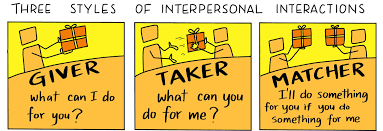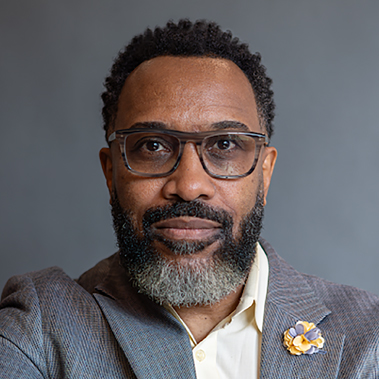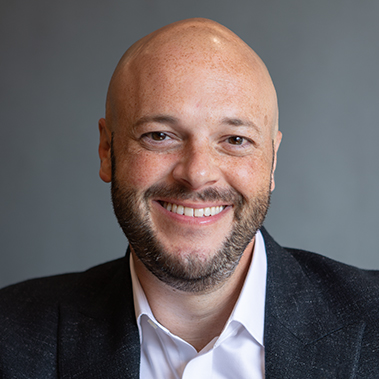Warning: Are you forgetting one of the most important qualities to look for in a new hire? Many researchers say that humility is the missing link. Think about the interview questions you typically ask. Are you measuring how humble this person is? Most likely not.
Psychological Principle:
 Adam Grant, I/O Psychologist, identifies 3 groups of people: “givers,” “takers” and “matchers.” His research shows that companies should focus on screening out the “takers” during the interview process. You need to screen “takers” out fast because their negative impact on an organization far outweighs the positive impact of a giver by an order of 2 or 3 times to 1! Have you ever heard of the saying that one bad apple can spoil the bunch? This is why you must revamp your interview process, NOW! If you can eliminate “takers” from an organization, you will be left with “givers” and “matchers.” The “givers” naturally give but will now do so even more generously because they are not paranoid that the “takers” are out there to one-up them. This impacts the “matchers” who are more likely to reciprocate how they are being treated by the “givers” in an organization. As a result, a more giving culture develops.
Adam Grant, I/O Psychologist, identifies 3 groups of people: “givers,” “takers” and “matchers.” His research shows that companies should focus on screening out the “takers” during the interview process. You need to screen “takers” out fast because their negative impact on an organization far outweighs the positive impact of a giver by an order of 2 or 3 times to 1! Have you ever heard of the saying that one bad apple can spoil the bunch? This is why you must revamp your interview process, NOW! If you can eliminate “takers” from an organization, you will be left with “givers” and “matchers.” The “givers” naturally give but will now do so even more generously because they are not paranoid that the “takers” are out there to one-up them. This impacts the “matchers” who are more likely to reciprocate how they are being treated by the “givers” in an organization. As a result, a more giving culture develops.
Performance Shift:
- Consider asking these two questions the next time you interview a potential employee:
- To whom do you owe your success to?
- Whom have you learned the most from in your career?
- Recognize that “takers” follow a pattern of kiss up and kick down. “Takers” are great fakers when dealing with powerful people. Because it takes a lot of effort to fake it, “takers” tend to let their guard down a bit when dealing with subordinates and peers – so their “taking” behavior shows up more. Therefore, references should come from subordinates and peers – not just bosses. “Takers’” selfish behavior will be given away by reference checks from their peers and especially subordinates.
- “Takers” when talking about success use the first person much more than “givers.” They use “I” and “Me” often. When talking about failures, they tend to put the blame on others. “My boss at my old job never knew how to prioritize.”
Daniel Coleman once said, “Leaders with empathy do more than sympathize with people around them: they use their knowledge to improve their companies in subtle, but important ways.”
I hope that you found this 3 Part Blog Series helpful. I would love to hear from you on social media!
If you want to learn more about looking for empathy when interviewing candidates, reach out to Chris!
Follow Chris on Social Media!
Co-authored by: Betsy Moore, Industrial/Organizational Psychology Consultant & Health Coach













